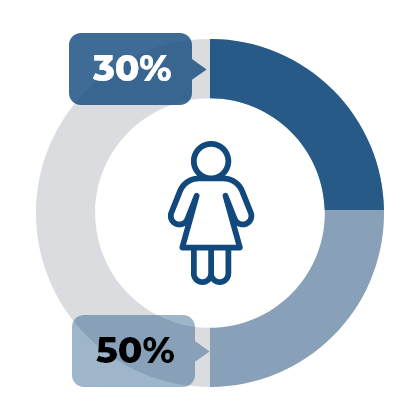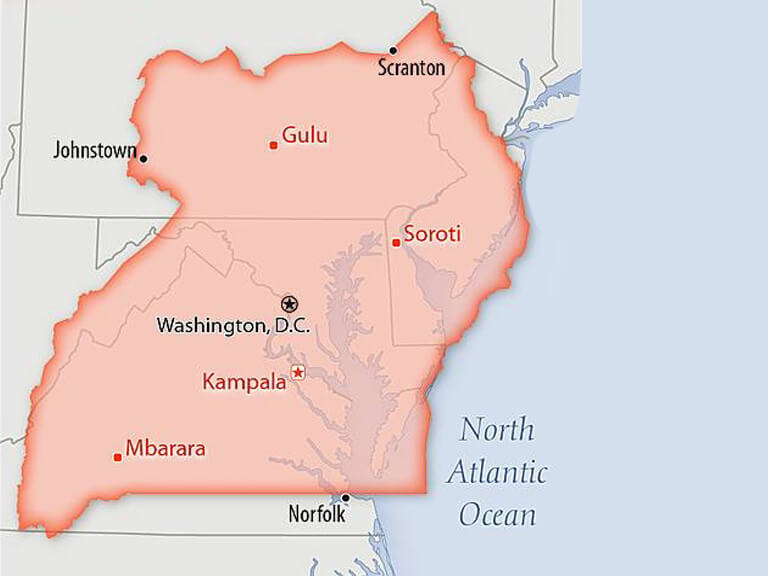Uganda
The prevalence of sexual violence in Uganda is startling: one in every four women reports that her first sexual experience was rape. Even more troubling, conviction rates for these crimes are low. Only nineteen convictions out of a total of 1,519 cases last year. Despite this, the country has taken steps to stem the tide and hold offenders accountable. Ministry of Health guidelines state that every level four health center should be able to treat survivors of sexual assault.
Many level three health centers offer PEP, medical treatment, and connection to legal and psychosocial services. While full implementation of the Ministry of Health guidelines has been slow due to financial, human resource, and material constraints, medical staff across the country have gone beyond the mission of providing survivor-centered medical care and taken steps to educate communities about sexual violence; the government has dedicated increased resources for the collection and testing of forensic DNA; the Uganda Police have adopted survivor-centered training; Ugandan courts have worked to provide justice to survivors by holding special sessions to clear the backlog of pending sexual violence cases; and Parliament has been active in passing legislation that will ensure repeat offenders can be identified and held accountable.
Despite these positive steps, chronic underfunding and lack of resources mean that the costs associated with medical care, such as life-saving medication and any out-of-stock materials, falls on the survivor and their family—intensifying the shame and stigma many survivors feel that leads to their decision not to report. In such a context, the goal of ending impunity for sexual violence cannot be fully realized until additional funding and support is secured.
Violence against women in Uganda

50% of ever-partnered women have experienced physical &/or sexual intimate partner violence, with 30% of those women having experienced this violence in the last 12 months.
Source: United Nations Global Database on Violence against Women
Country Size Comparision

Source: The World Factbook 2021